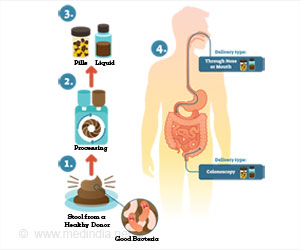In Canada, 26% of infections are resistant to the medicines that are generally first prescribed to treat an infection, a rate that could rise to 40% or beyond in the coming decades.

‘In 2018, approximately 5,400 people in Canada died as a direct result of antimicrobial resistance (AMR) and the Canadian economy lost $2 billion due to the deaths and illnesses associated with resistant infections.’





"Antimicrobial resistance is a serious threat to millions, and may result in countless deaths globally over the next few decades" said B. Brett Finlay, PhD, O.C., O.B.C., FRSC, FCAHS, Chair of the Expert Panel. "This report directly addresses the potential impact of AMR in Canada, highlighting not only the tragic human costs, but also the real tangible economic costs." As antimicrobials become less effective at treating infections, more people in Canada will see a reduction in their quality of life, and the effect will be unequally distributed across socio-demographic groups. Canadian society may become less open and trusting, with people less likely to travel and more likely to limit their activities.
"The economic projections in this report are the first of their kind in Canada, and provide policy-makers and other stakeholders with credible estimates of the potential magnitude of AMR impacts over the next three decades," said Eric M. Meslin, PhD, FCAHS, President and CEO of the CCA. "It's our hope that this report provides the evidence to support decision-making in this area."
When Antibiotics Fail is an independent expert assessment of the best available evidence of the potential impact of antimicrobial resistance, produced by the CCA at the request of the Public Health Agency of Canada.
Source-Eurekalert















